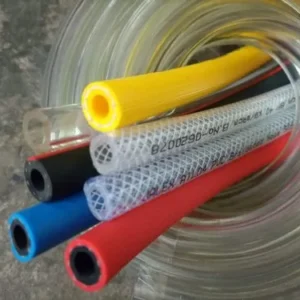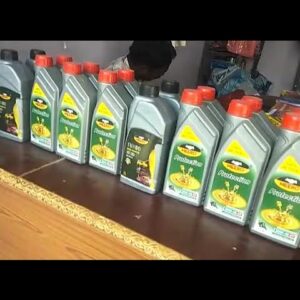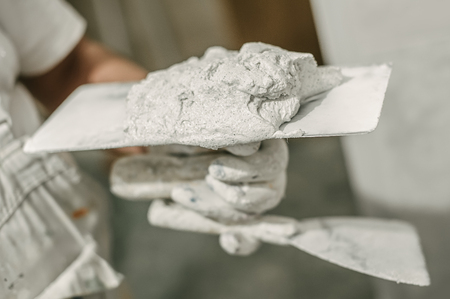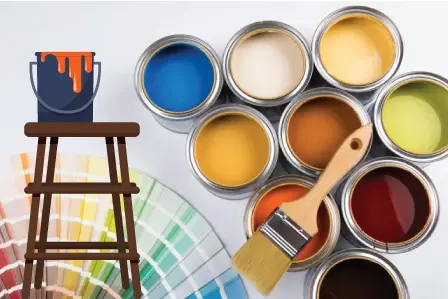Industry Overview
Plaster of Paris (POP) is a building material made from gypsum and used primarily in construction, art, and medicine. It is widely used for creating decorative elements like moldings, statues, and in the construction of ceilings, walls, and floors. The demand for POP has been closely tied to the growth in construction and infrastructure development, particularly in the residential and commercial sectors. The booming real estate market in both urban and rural areas of India makes plaster of Paris a high-demand product.
Scalability and Profitability
Plaster of Paris can be produced at varying scales, from small manufacturing units catering to local construction projects to large-scale plants serving national markets. Profitability increases with an emphasis on high-quality POP that is durable and easy to mold.
- Profitability: The business can see profit margins between 15–25% based on the production scale and quality. Projects involving decorative POP products or specialized medical plaster offer opportunities for premium pricing.
Subsidy Opportunities
Relevant Schemes and Departments:
- Ministry of Micro, Small, and Medium Enterprises (MSME):
- Credit Linked Capital Subsidy Scheme (CLCSS): Offers subsidies for the purchase of machinery and technology upgrades for POP manufacturing.
- Ministry of Housing and Urban Affairs:
- Supports the construction industry, which indirectly benefits POP manufacturers through subsidies for infrastructure and housing development projects.
Eligibility Criteria for Subsidy
- Must be registered under the MSME or as a large-scale industry.
- Submission of a Detailed Project Report (DPR) that includes the machinery, manufacturing process, and expected market demand.
Project Cost and Subsidy Details
- Setup Cost: ₹25–40 lakhs for setting up a small to medium-sized POP manufacturing unit. This includes the cost of gypsum, machinery, labor, and packaging materials.
- Subsidy Amount: 15–20% of the total project cost, primarily for technology and machinery upgrades.
How to Apply for Grants
Applications can be made through the
MSME portal and related industry bodies.
Future Potential
With continued growth in the construction and real estate sectors, the demand for Plaster of Paris is expected to remain robust. Additionally, as infrastructure development becomes a focus, manufacturers can capitalize on the large-scale demand for POP products.
To apply for the Food Processing Scheme, the following mandatory documents are required for new enterprises (Individuals/Firms) as outlined in the manual
1. PAN Card of concerned/all promoters.
2.Aadhaar Copy & Photo of all promoters/guarantors.
3. Address Proof: Any of the Officially Valid Documents (OVD) such as:
o Utility bill (not more than two months old) from any service provider (Electricity, telephone, post-paid mobile phone, piped gas, water bill).
o Property or Municipal tax paid receipt.
o Ration Card (Individual).
o Driving Licence
o Aadhaar Card.
o Voter ID Card.
4. Details of the site where the unit is to be established, including whether it is owned/rented/leased, along with proof (Lease/rent agreement should be for more than the loan repayment period).
5. Photocopy of Bank
6. Estimates and Quotation of all capital expenditure and machinery and equipment to be purchased. Statement/Bank Passbook for the last 6 months.
For existing enterprises with a turnover of less than 1 crore, similar documents are required, including PAN Card, Aadhaar, address proof, and site details.
If you need more specific information or additional documents, please let me know!















